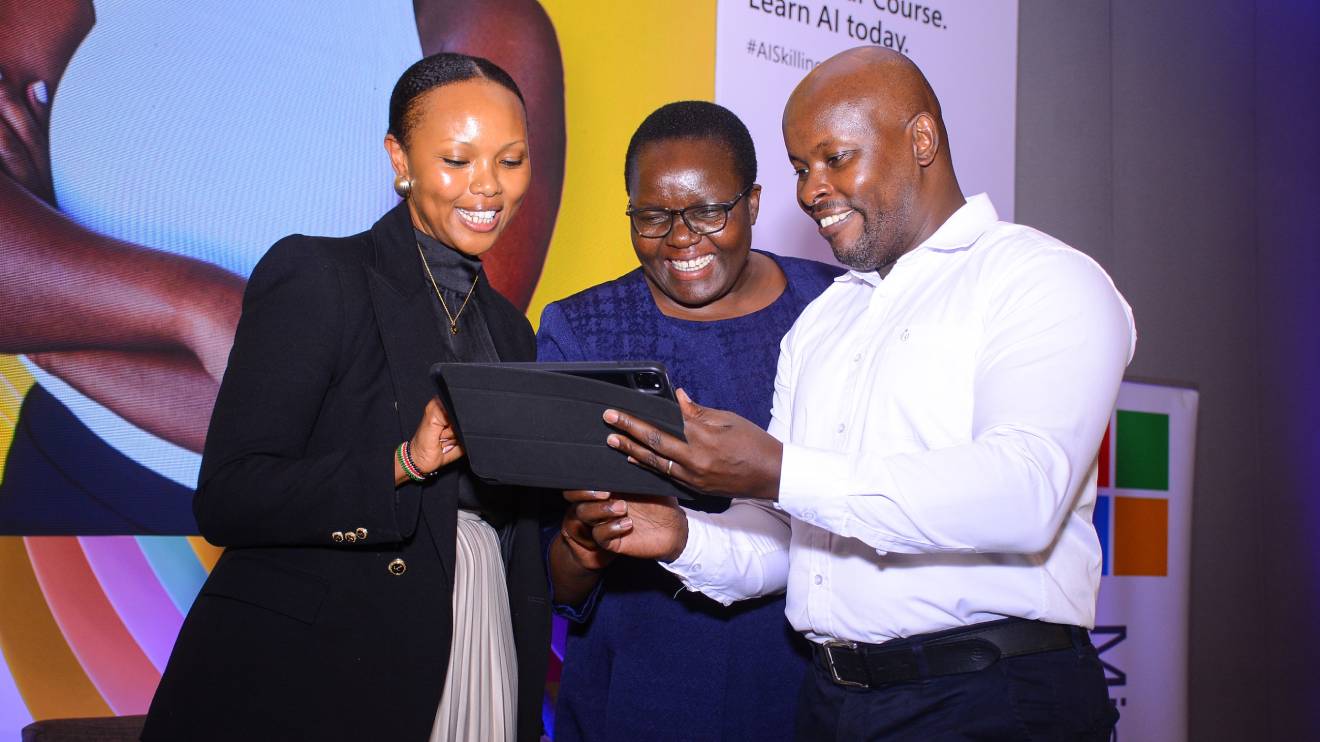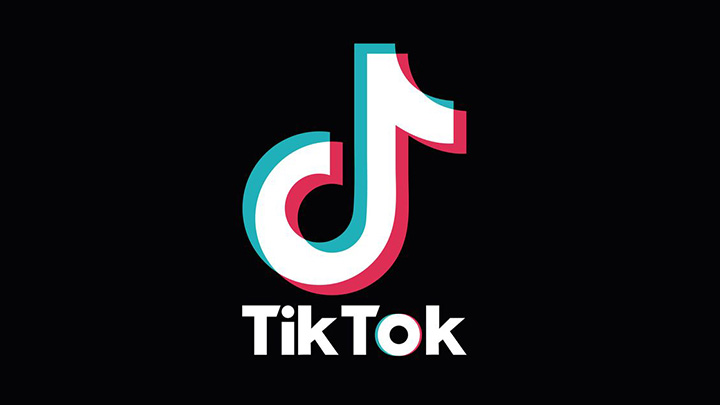Microsoft has unveiled a pioneering skilling initiative in Kenya, aimed at empowering one million individuals with AI and cybersecurity skills by 2027.
This ambitious programme aligns with Kenya’s Vision 2030 and Digital Masterplan, which underscore the importance of digital transformation for economic growth and innovation.
Kenya, with its youthful population and rapidly growing tech ecosystem, offers a unique opportunity for such a programme.
The country’s median age is just 19, and a large portion of the workforce is in the informal sector, creating a need to bridge the digital skills gap to drive future economic success.
The initiative seeks to foster innovation across sectors, including government, education, and industry, by equipping citizens with vital skills for the digital economy.
Read More
Winnie Karanu, Microsoft’s AI National Skills Initiative Director for Kenya, believes that Kenya’s vibrant tech ecosystem and its commitment to digital transformation make it the perfect environment for such a programme.
“We are excited to empower individuals, SMEs, and organisations with the skills needed to thrive in any sector including tech,” Karanu says.
The initiative's comprehensive approach includes training through platforms such as the Kenya Skills Hub and Smart Academy, in collaboration with key government agencies like the Ministry of Information Communication and the Digital Economy (MOICT) and the Public Service Commission (PSC).
These partnerships will support AI and cybersecurity policy development while scaling citizen skilling programmes, particularly through initiatives like the Ajira programme and the Jitume centres.
A strong emphasis will also be placed on education, with AI-focused programmes designed for K-12 students, university faculty, and vocational training institutions.
AI University tours and faculty immersion programmes are planned to strengthen the country’s academic capacity, while AI Research Catalyst programmes and AI Innovation Labs will be launched in partnership with leading universities.
The programme also targets social and community organisations, such as the Kenya Private Sector Alliance (KEPSA) and the Africa Centre for Women in ICT (ACWICT), to ensure that AI skilling reaches underserved youth and communities.
Additionally, industries critical to Kenya’s economy, such as agriculture and financial services, will benefit from AI-driven transformation and skills development.
For those looking to access AI training, Microsoft has introduced the AI Skills Navigator, a comprehensive resource offering a learner-focused experience with content on AI learning opportunities.
In-person bootcamps and live training sessions, in collaboration with MOICT, will provide both foundational and advanced AI skills at scale.
Through this initiative, Microsoft also aims to upskill educators, providing training to enhance AI teaching capabilities at universities and research institutions.
The Faculty Immersion Programme, along with funding for AI research projects, will foster an academic environment conducive to AI innovation and excellence.
This skilling drive is part of a broader effort supported by Microsoft to build digital literacy across Kenya.
The company, alongside the Government of Kenya, UNDP, and the Public Service Commission, has co-developed a Centre of Competence to train 300,000 public servants over the next three years, with 50,000 trained in the first year.
Additionally, Microsoft is working with industry groups like KEPSA and the Kenya Bankers Association to educate industry leaders on AI and cybersecurity.
Partnerships with organisations such as Cyber Shujaa, Serianu, and USIU will also train young people in cybersecurity to address the sector’s growing talent needs.
Karanu notes, “Skilling at scale supports the Kenyan Government’s goal to firmly position Kenya as a global leader in AI talent, and it reaffirms Microsoft’s ongoing commitment to building the digital skills needed to position Kenya for long-term success in the global digital economy.”
This multi-faceted approach is poised to play a significant role in shaping Kenya’s digital future, providing both immediate skills for individuals and long-term benefits for the country's growing economy.
As Kenya takes these monumental steps toward becoming a leader in AI and cybersecurity, this skilling initiative promises to empower individuals, elevate industries, and equip the nation with the digital tools needed for long-term growth.
Through collaboration, education, and investment in critical sectors, Microsoft’s vision of a digitally transformed Kenya is fast becoming a reality.


-1731594885.jpg)


 (1)-1725105260.jpg)
-1730358680.jpg)


-1731583283.jpg)